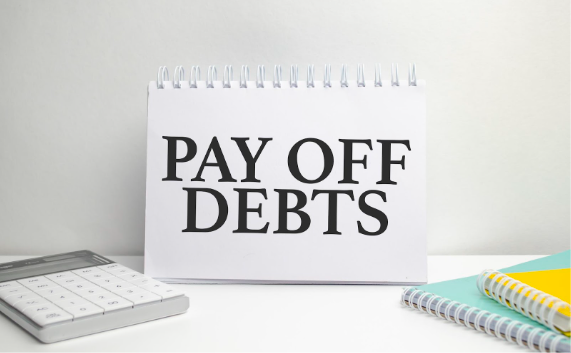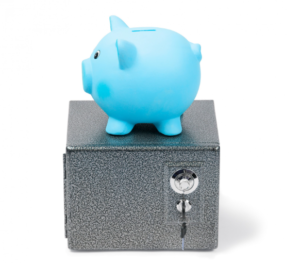
Mistakes to Watch Out for While Paying Off Debt
Deciding to start afresh and clear off your debt is a fantastic idea. You don’t want to worry about missing payments or having nothing left after paying off debt monthly. But even with the best intentions at heart, there’s a possibility of digging yourself deeper into the debt hole or feeling unfulfilled because you’re not making much progress. In this blog, we’ll talk about some of those common mistakes people often encounter when paying off debt. With this knowledge in hand, you’ll be able to avoid some things long before they come.
Not Having a Plan
Imagine setting out on a trip without a guide or a map. You might drive around aimlessly and never reach your destination. The same goes for paying off debt. Without a clear plan, both short- and long-term, you’re likely to lose your way. Ask yourself: How do I want to tackle this debt? Over what period? And most importantly, why am I doing this? Your reasons might range from wanting a stress-free life to setting up a brighter future for your family. Whatever it is, it’ll be your guide and motivation. But remember, as with any journey, there might be detours. That’s why your plan should be flexible. Life can change, and your plan might need some adjustments along the way. A clear yet adaptable plan will keep you motivated and prevent burnout.
Paying the Minimum Required
Paying just the minimum amount on your debt might seem like a safe bet. After all, you’re meeting your obligations and dodging late fees. But doing so can be a slow crawl towards clearing that debt. Think of it like a treadmill; you’re moving, but not really getting anywhere fast. By sticking to the minimum, the principal amount hardly reduces, while interest keeps accumulating. This means, over time, you pay a lot more than you originally borrowed. If possible, pay more than the minimum. Even a little extra can make a difference. It not only speeds up the debt-clearing process but also saves you money in interest in the long run. It’s like giving yourself a future discount. So, whenever you can, try to pay a bit more.
Not Having an Emergency Fund

Imagine you’re diligently paying off your debt, and out of the blue, you experience a sudden car repair or a medical emergency. Without an emergency fund, you might feel cornered into borrowing again, pushing you back into the debt cycle you’re trying to escape. An emergency fund acts as your help in times of need. It’s understandable that while managing debt, saving might feel like a secondary priority. But setting aside a small amount regularly can make sense over time. Think of it as insurance against future debt.
Using Debt to Clear Debt
It’s tempting to think of using one debt to pay off another, especially if it helps you avoid late fees. But most times, this situation is like trying to fill a bucket with a hole in the bottom. Your overall debt might not decrease, and the added interest can make things worse. You’re basically running on a spot, making no real progress. There might be immediate relief, but in the long run, you’re often left with more to repay. However, there’s a small exception: debt consolidation with a lower interest rate. If you’re considering this route, the key is to be sure the new debt offers genuinely better terms, ensuring you can pay it off faster. Otherwise, the cycle of debt continues. Remember, the goal isn’t just to move debt around; it is to get rid of it.
Not Budgeting
Without a clear budget, it’s easy to overspend or miss out on potential savings. You might find yourself wondering where all your money went at the end of the month. Moreover, without a budget, it’s challenging to allocate funds effectively towards debt repayment. Creating and sticking to a budget allows you to have a clear picture of your income, expenses, and how much you can put towards your debt. It also serves as a preventative measure, ensuring you don’t fall back into the debt trap once you’ve climbed out. Remember, a budget isn’t about restriction; it’s about control.
Not Seeking Counsel from Debt Experts

You may feel like it’s your personal finance and you don’t want to expose yourself to someone who might see you as a failure in your financial life. But the truth is, a debt expert is not just a random person looking for who to judge. At EmpireOne Credit we fully understand that people can be in debt for any reason, and being in debt doesn’t make anyone a failure or less of a human. We all have one thing or the other we’re trying to overcome. If yours is debt, that’s why we are here for you.
Single-handedly paying off your debt is okay, but what if you can reduce your debt by up to 80%, and interest will stop immediately? This can be you. Call us at (416) 900-2324 to schedule a free consultation with one of our debt experts. Being debt-free feels good!





